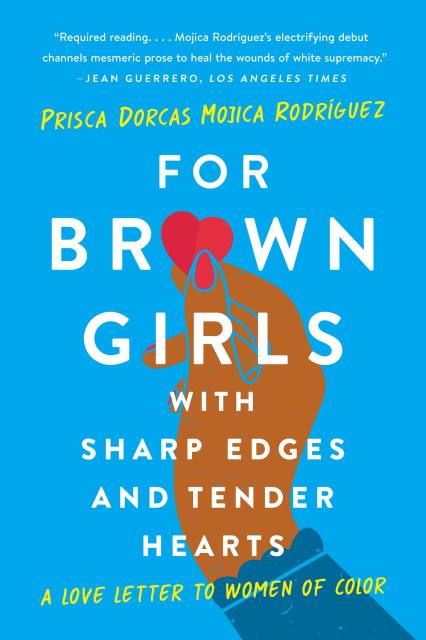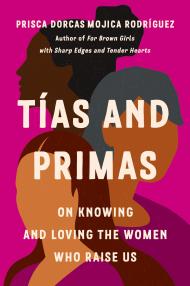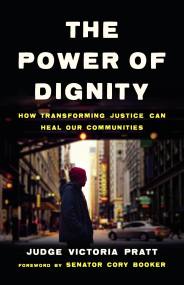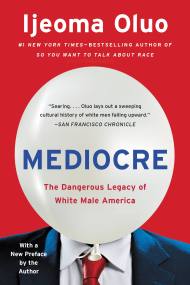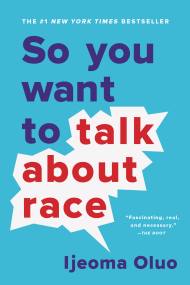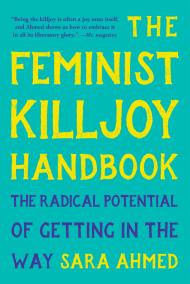By clicking “Accept,” you agree to the use of cookies and similar technologies on your device as set forth in our Cookie Policy and our Privacy Policy. Please note that certain cookies are essential for this website to function properly and do not require user consent to be deployed.
For Brown Girls with Sharp Edges and Tender Hearts
A Love Letter to Women of Color
Contributors
Formats and Prices
- On Sale
- Oct 11, 2022
- Page Count
- 272 pages
- Publisher
- Seal Press
- ISBN-13
- 9781541674882
Price
$17.99Price
$22.99 CADFormat
Format:
- Trade Paperback $17.99 $22.99 CAD
- ebook $12.99 $16.99 CAD
- Audiobook Download (Unabridged) $27.99
This item is a preorder. Your payment method will be charged immediately, and the product is expected to ship on or around October 11, 2022. This date is subject to change due to shipping delays beyond our control.
Buy from Other Retailers:
“Mojica Rodríguez’s electrifying debut channels mesmeric prose to heal the wounds of white supremacy.” —Los Angeles Times
For generations, Brown girls have had to push against powerful forces of sexism, racism, and classism, often feeling alone in the struggle. By founding Latina Rebels, Prisca Dorcas Mojica Rodríguez has created a community to help women fight together. In For Brown Girls with Sharp Edges and Tender Hearts, she offers wisdom and a liberating path forward for all women of color. She crafts powerful ways to address the challenges Brown girls face, from imposter syndrome to colorism. She empowers women to decolonize their worldview, and defy “universal” white narratives, by telling their own stories. Her book guides women of color toward a sense of pride and sisterhood and offers essential tools to energize a movement.
May it spark a fire within you.
-
“Required reading... A celebration of brownness at a vital moment [and] a manual for tapping into brown girls’ power... Mojica Rodríguez’s electrifying debut channels mesmeric prose to heal the wounds of white supremacy.”Jean Guerrero, Los Angeles Times
-
“Thought-provoking and enlightening… beautifully and earnestly written to reach the hearts of women of color working toward justice and equity. The book may also be instructional for non-Latinx folks: it offers a valuable lesson in decentering our world view, so we may humbly listen and understand.”Seattle Book Review
-
“Rodriguez’s life has been challenging, which is why, she says, she wrote this powerful book: to connect to other BIPOC women and girls who understand her background and to show those readers that they are seen and important… Highly recommended.”Library Journal
-
“Anyone who has ever felt stepped on or pushed aside could benefit from reading [this book]... In her manual for fighting generations of sexism, racism, and classism, Mojica Rodríguez pushes readers to step outside their comfort zone, sit in someone else’s seat and understand the struggle.”CNBC.com
-
“Through her intimate storytelling and warm embrace of the Black and brown girls she writes for, Rodríguez also gently holds the reader as she invites them on the painful path toward freedom.”POPSUGAR Latina
-
“Prisca works to empower women of color by sharing her own experiences and stories of decolonizing her mentality. With vulnerable insight into her hopes and fears, her words will undoubtedly motivate you to fight for your own voice.”BE Latina
-
“This memoir/guide/educational resource is ultimately a love letter to brown girls that’s also a testament to the power of reclaiming your identity in the face of white supremacy.”HipLatina
-
“Prisca Dorcas Mojica Rodríguez writes about her own life story, colonialism, imposter syndrome, colorism, meritocracy, intersectionality, and how women can break free from systemic oppressions that hold them back. Part memoir, part empowering guide.”People en Español
-
“Tackles racism, colorism, classism, the immigrant experience, and more in ways that are honest, relatable, refreshing, and inspiring.”Reader's Digest
-
“Prisca Dorcas Mojica Rodríguez is among the most brilliant Latina thinkers of our generation… Here, she explores the inequalities of race, class and gender, discussing issues of code-switching, colorism, intersectional feminism, decolonization, and more.”mitú
-
“Searing and revolutionary, this book blazes a trail towards liberation.”Diane Guerrero, author of In the Country We Love
-
“This is the Brown girl manifesto I've been waiting for my whole life.”Erika L. Sánchez, author of I Am Not Your Perfect Mexican Daughter
-
“Prisca Dorcas Mojica Rodríguez perfectly balances the art of memoir with a biting critical eye, offering an understanding of Latina womanhood bursting with intellect, but grounded in real-life experience. With her carefully chosen words, she invites readers into a deeper relationship with themselves, their communities, and the world at large.”Melissa A. Fabello, PhD, author of Appetite
-
“Prisca has crafted a fierce and vibrant book that brings to life the secret fears and profound hopes of so many brown girls, across so many communities of color. She is a brilliant storyteller with a stunning voice. This is a book for brown girls to hold close.”Sonalee Rashatwar LCSW MEd, Co-owner of Radical Therapy Center
-
“I wish I had found this book as a sixteen-year-old, then as a twenty-six-year-old, and again now. Prisca writes with the familiar voice of an older prima that wants to teach you everything she's learned. This book is beyond a love letter. It a reckoning and an affirmation that there is power beyond the fear of our fearlessness. This book has fed me what I did not know I hungered for.”Yesika Salgado, author of Corazón
-
“In this book, Prisca Dorcas Mojica Rodríguez shares truths with precision and unapologetic vulnerability, and teaches us through her stories and insights. Her book is a deep and profound gift for her readers. A necessary and treasured read for generations to come.”Johanna Toruño, Salvadoran multimedia artist and founder of The Unapologetic Street Series
-
“Prisca is a Latinx voice who calls for accountability, healing, and growth in her book. Her writing will connect with our communities, who are seeing themselves represented for the first time. A breath of fresh air.”Curly Velasquez, queer actor and writer
-
“I will never forget when Prisca sent me the kindest of messages about the outlet I had founded in 2011 and how it inspired her to set her own course as a influential writer, voice and author. Prisca has the unique talent to speak to her generation with honesty, fearlessness and truth. Her latest work is foundational in understanding what it means to be a Brown girl today.”Julio Ricardo Varela, award-winning journalist and founder, Latino Rebels
-
“Impassioned and accessible… Aiming to redistribute knowledge she gained during her graduate studies to young women who may not have access to higher education, Mojica Rodríguez interweaves her life story with primers on such concepts as colonialism, the myth of meritocracy, the male gaze, and intersectionality… This is an inspiring and well-informed call to action.”Publishers Weekly
